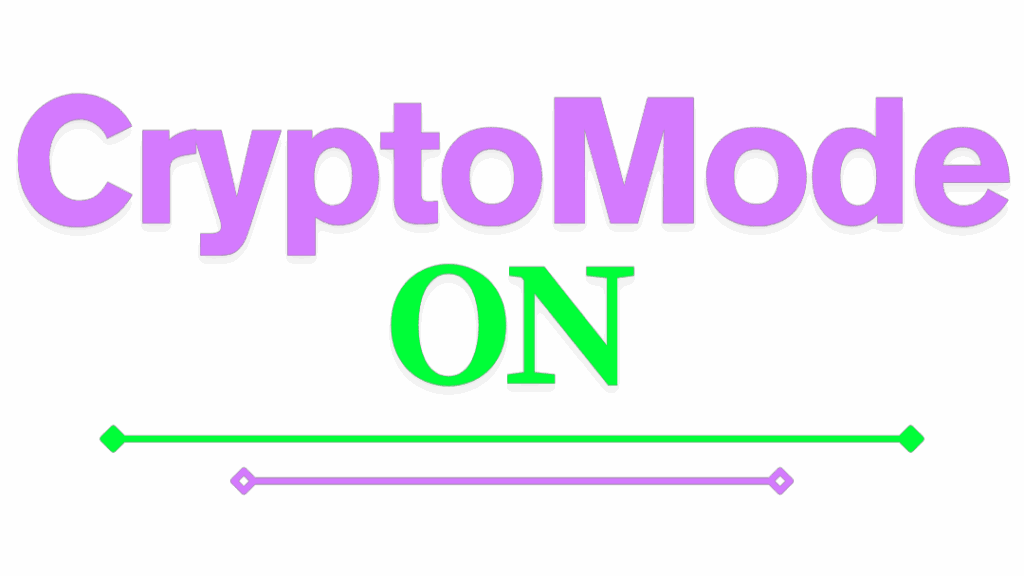Applying for a loan can often seem like a daunting task, especially when navigating the specific requirements of institutions like USAA. Understanding the criteria for approval is crucial, whether it’s about income verification or knowing if existing credit affects your eligibility. This introduction will guide you through the essentials for a smooth application process with USAA.
For potential borrowers, clarifying whether income from pensions or retirement is acceptable could influence the approval decision significantly. Additionally, questions like whether an existing loan might impact new credit applications are common. Understanding these factors, alongside documentation needs and whether interviews are necessary, can prepare applicants for a seamless experience.
Furthermore, having an understanding of preliminary requirements, such as the necessity of an active bank account, can streamline your preparation. Ensuring that you meet specific criteria not only boosts your chances of approval but also makes the loan application process less stressful. With the right information, securing a loan through USAA can be straightforward and efficient.
Understanding Approval Criteria for Loans
Before applying for a loan, understanding the approval criteria is crucial. Lenders typically examine your credit score, income, and debt-to-income ratio. This helps assess your ability to repay the loan. Familiarize yourself with these elements to gauge your eligibility. Meeting these requirements increases your likelihood of securing a loan.
Lenders often consider your employment history and financial stability. A consistent income and minimal debts can positively impact your application. Even if another loan is in progress, maintaining prompt payments enhances your standing. Applicants should present a credible financial profile for increased approval chances.
Additionally, each financial institution may have its own specific criteria. These can include residency status, age, and loan purpose. Researching a particular institution’s requirements upfront saves time and helps you tailor your application. Seek clarity on these factors to ensure a favorable outcome when applying for a loan.
Considering Existing Credits
Having an existing loan does not necessarily disqualify you from obtaining new credit. Lenders will examine your current debt obligations in relation to your income. A balanced debt-to-income ratio is essential. Managing existing loans responsibly demonstrates financial discipline, which can be beneficial when seeking additional credit.
It is important to provide accurate details of your existing credit during the application. Transparency about your financial commitments aids in credit evaluations. Lenders appreciate applicants who are forthcoming, as this allows for a comprehensive assessment. Documentation is key to verifying claims about ongoing loan responsibilities.
Certain financial institutions may offer more flexibility for borrowers with existing credits. Policies can vary, so researching specific lending practices is wise. Contact potential lenders to discuss your situation and explore possibilities. Understanding how current loans influence new applications can help you manage your credit journey effectively.
Sources of Acceptable Income
Income from pensions or retirement accounts is often considered during loan applications. If you receive consistent payments, this can count towards your income verification. More lenders recognize non-traditional income sources, catering to a broader borrower demographic. Verify with your lender to ensure they accept such income types in their evaluations.
Stable retirement income can reflect financial security, benefiting your application. Lenders evaluate your ability to meet installment payments based on funds from these sources. Ensure you have the necessary documentation to verify income from pensions or retirement. Proper records enhance credibility and facilitate the approval process.
Diverse income sources demonstrate various support avenues for loan payments. Inform lenders about any supplemental income, including investments or annuities. While policies differ, many institutions are amenable to comprehensive income profiles. Showing multiple income streams provides confidence in your repayment capabilities.
Documentation and Interview Processes
When applying for a loan, documentation often suffices in place of interviews. Lenders typically require proof of income, identification, and banking details. Accurate and organized submission of paperwork facilitates evaluation processes. Ensure documents are current and reflect your most recent financial situation.
Adhering to documentation requirements is integral to application success. Keeping a checklist of necessary papers helps in the assembly of your application package. The need for an interview varies by institution, though many rely primarily on documents. Clarity and completeness expedite assessments, enhancing application experiences.
Interview processes are usually reserved for cases needing clarification. Be prepared to discuss any discrepancies found during evaluations. Interviews provide an opportunity to reinforce your loan justification. However, solid documentation can often preclude the need for formal interviews, streamlining your loan pursuit.
The Essential Requirement of an Active Bank Account
An active bank account is generally a prerequisite for loan applications. It serves as a conduit for loan funds and repayment installments. Institutions verify banking activity to ensure financial transactions can be efficiently handled. Maintaining an account in good standing demonstrates reliable financial management capabilities.
A bank account offers lenders a viable overview of your financial behaviors. Visible transactions indicate income regularity and spending patterns. Demonstrating consistent deposits can positively impact application results. Your account becomes a tracking mechanism that reassures lenders of your capability to manage funds effectively.
Prospective borrowers should ensure their bank accounts align with lending criteria. This preparation involves resolving any issues and understanding potential banking fees. Verify your account status before applying to prevent loan processing delays. A well-maintained bank account supports a seamless financial transaction experience.
Conclusion
Navigating loan applications with institutions like USAA requires a thorough understanding of various criteria, such as income verification, existing credit management, and essential documentation. By familiarizing yourself with these elements and preparing accordingly, you enhance your chances of a smooth and successful loan approval process.
Ensuring all requirements are met, including maintaining an active bank account and organizing necessary paperwork, not only simplifies your application but also strengthens your financial profile. By approaching the process with clarity and diligence, you position yourself for favorable outcomes and a less stressful loan application journey.
